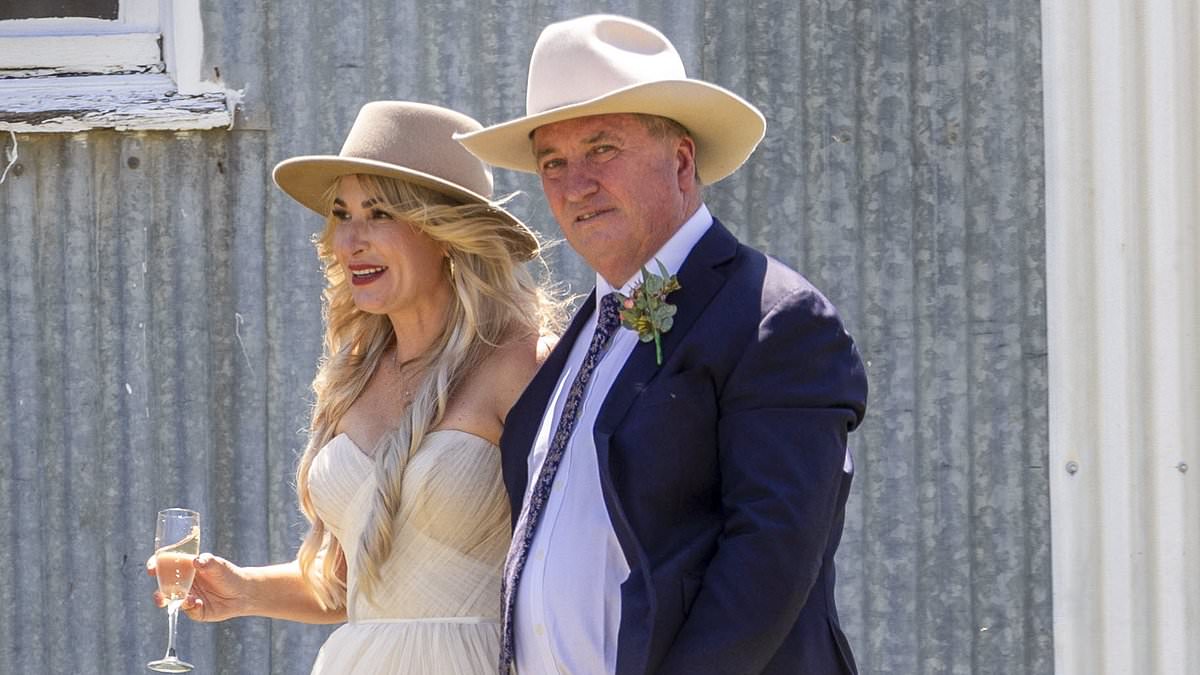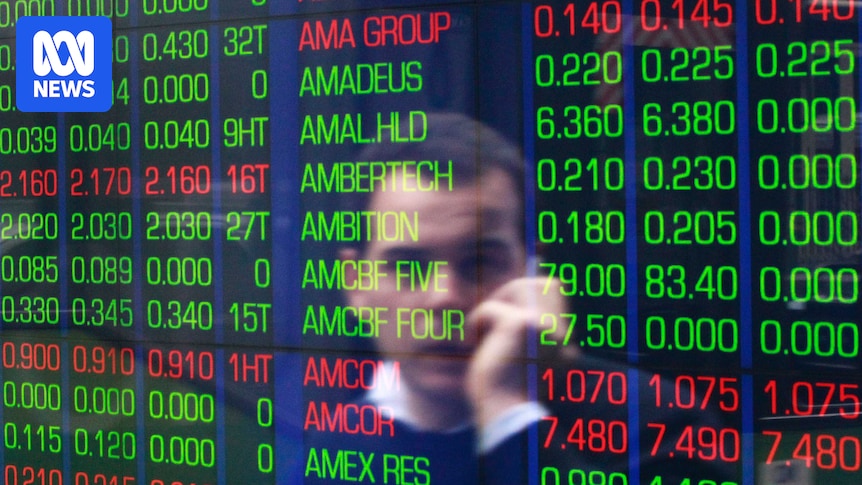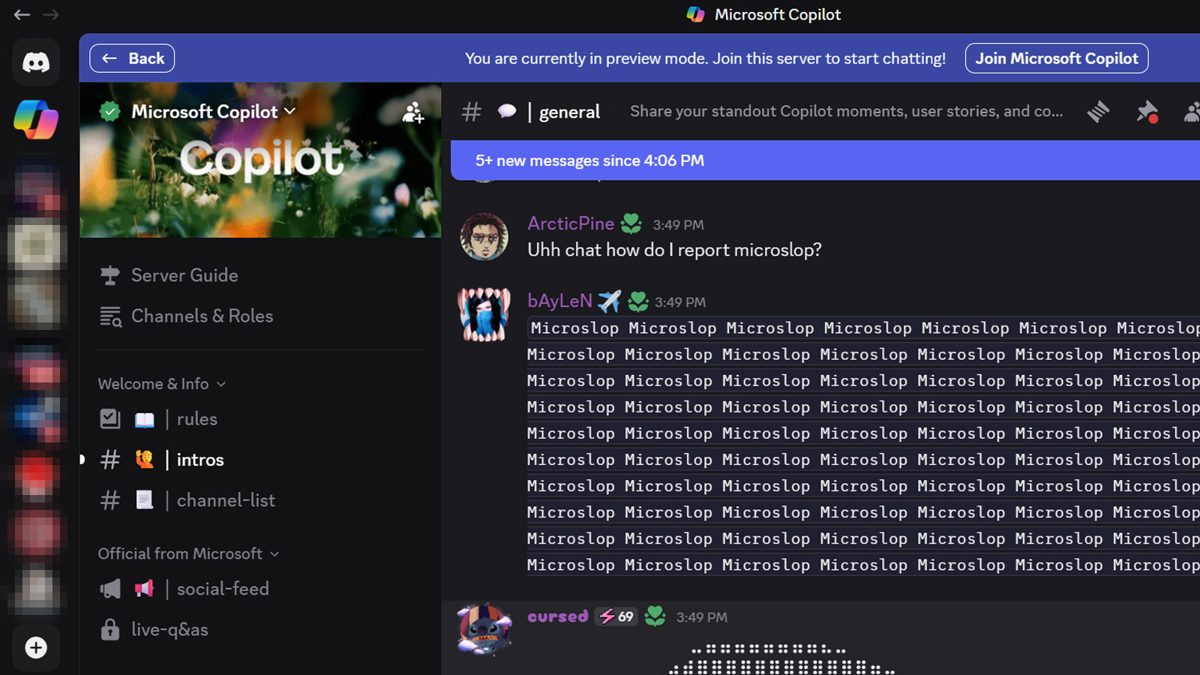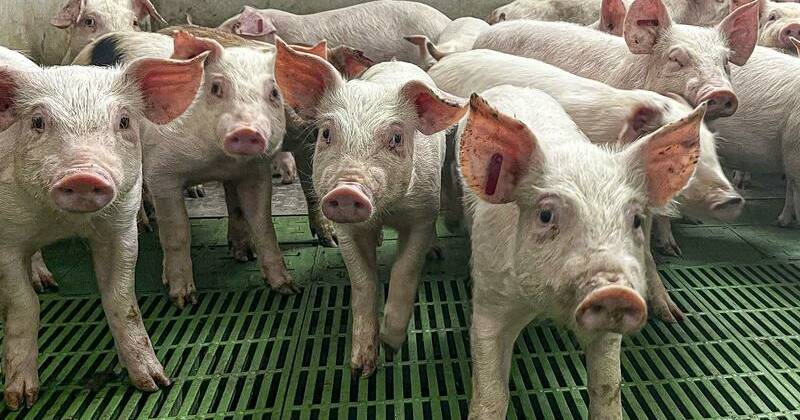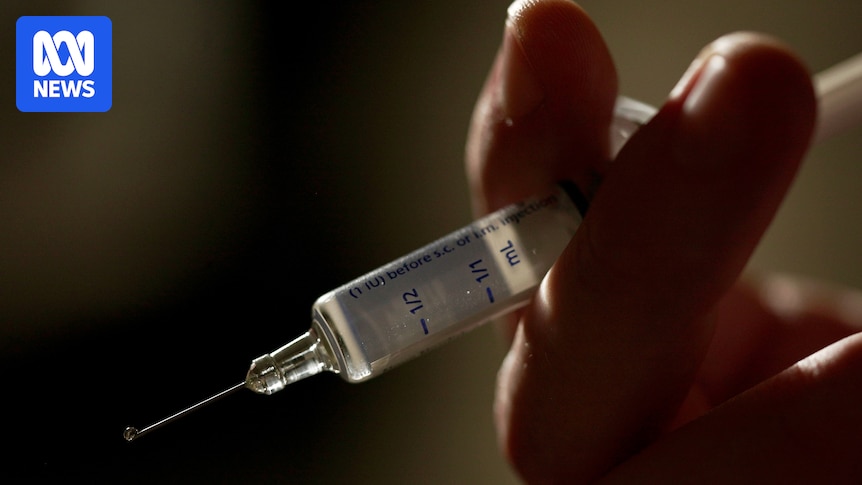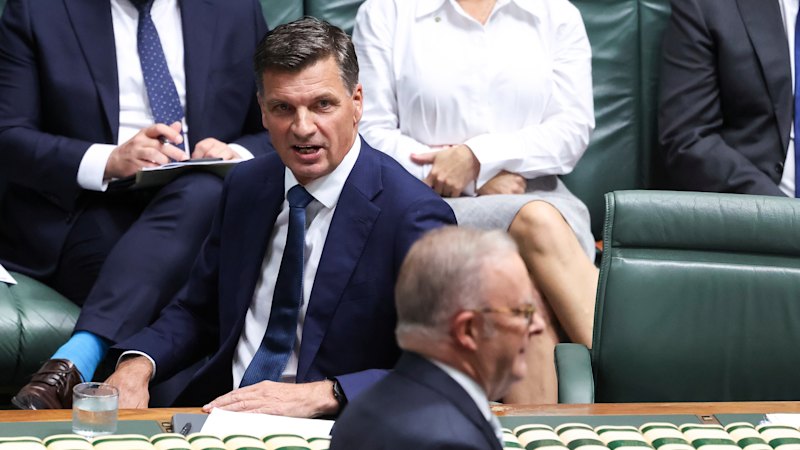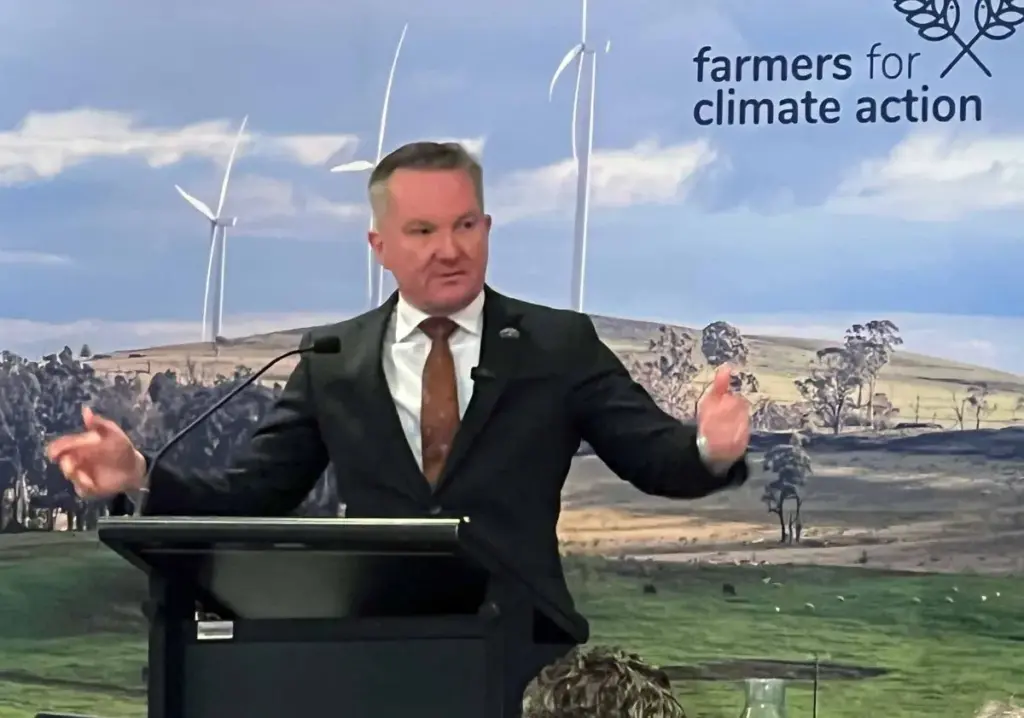
Federal Energy and Climate Minister Chris Bowen remains steadfast in his commitment to Australia’s ambitious renewable energy targets for 2030. However, he acknowledges that energy companies must “get cracking” to ensure timely delivery of wind and solar projects. The federal government is banking on its expanded Capacity Investment Scheme (CIS) to secure 40 gigawatts of new wind, solar, and storage capacity, aiming to achieve 82% renewables by 2030—double the current levels within just five years.
While the battery storage component is progressing well, with 16 projects recently securing underwriting agreements, large-scale wind and solar projects face significant delays. As of 2025, no new wind projects have reached financial close, and few of the 6.4 GW of new projects announced last year have advanced. Bowen is expected to announce the results of the second CIS generation tender, which could contract an additional 6 GW, in the coming days. This auction will employ a new fast-tracked single-phase process to expedite the timeline.
Challenges and Criticisms
In a recent interview on Renew Economy’s Energy Insiders podcast, Bowen expressed satisfaction with the CIS’s progress, noting it was “massively oversubscribed,” indicating a robust pipeline of projects. “It’s a sign of strength that the pipeline is so strong that we could easily support 40 gigawatts,” Bowen stated. He highlighted the recent tender results, which included 16 projects totaling 4.1 gigawatts and 15 gigawatt hours of dispatchable capacity.
Despite these advancements, Bowen criticized the Queensland LNP government for its energy strategy, which focuses on extending the life of state-owned coal-fired generators. This comes as Rio Tinto announced the early closure of the Gladstone coal generator, emphasizing the need for renewable energy investment in Queensland. Bowen remarked, “I don’t make a habit of criticizing state governments for no reason, but there’s been some setbacks in Queensland.”
Industry Dynamics and Future Prospects
Energy Insiders co-host David Leitch has criticized major energy companies like AGL, Origin, and EnergyAustralia for their lack of investment in wind and solar projects, describing it as a “buyers’ strike” to protect existing thermal assets. Bowen pointed to recent positive developments, such as AGL’s 15-year PPA with the Palmer wind project and Origin’s pursuit of the Yanco Delta wind project. “Plenty of energy companies are telling me about their plans to support onshore wind and solar in coming months, and that’s a good thing,” Bowen said.
Bowen remains optimistic about Australia’s potential to host the COP31 climate conference in Adelaide next year, despite ongoing negotiations with Turkiye. He also defended the newly announced 2035 emissions target, set at 62-70% below 2005 levels, which some environmental groups have criticized as insufficient. Bowen argued, “It involves a halving of emissions from today. That’s not easy.”
Looking Ahead
Bowen emphasized the importance of setting credible targets to attract renewable energy investors. “If the international markets and investors look at the target and say, ‘Oh, look, it’s too high to be credible,’ it’s going to backfire,” he explained. The goal is to provide policy certainty and encourage investment in Australia’s renewable energy sector.
As the nation grapples with the transition to renewable energy, the pressure mounts on both government and industry leaders to align their strategies with the ambitious targets set for 2030 and beyond. Bowen’s call to action underscores the urgency of the situation and the need for collaborative efforts to achieve a sustainable energy future.
For more insights from Bowen, including discussions on battery rebates, electric vehicles, and the Safeguard Mechanism, listen to the latest episode of the Energy Insiders podcast.
